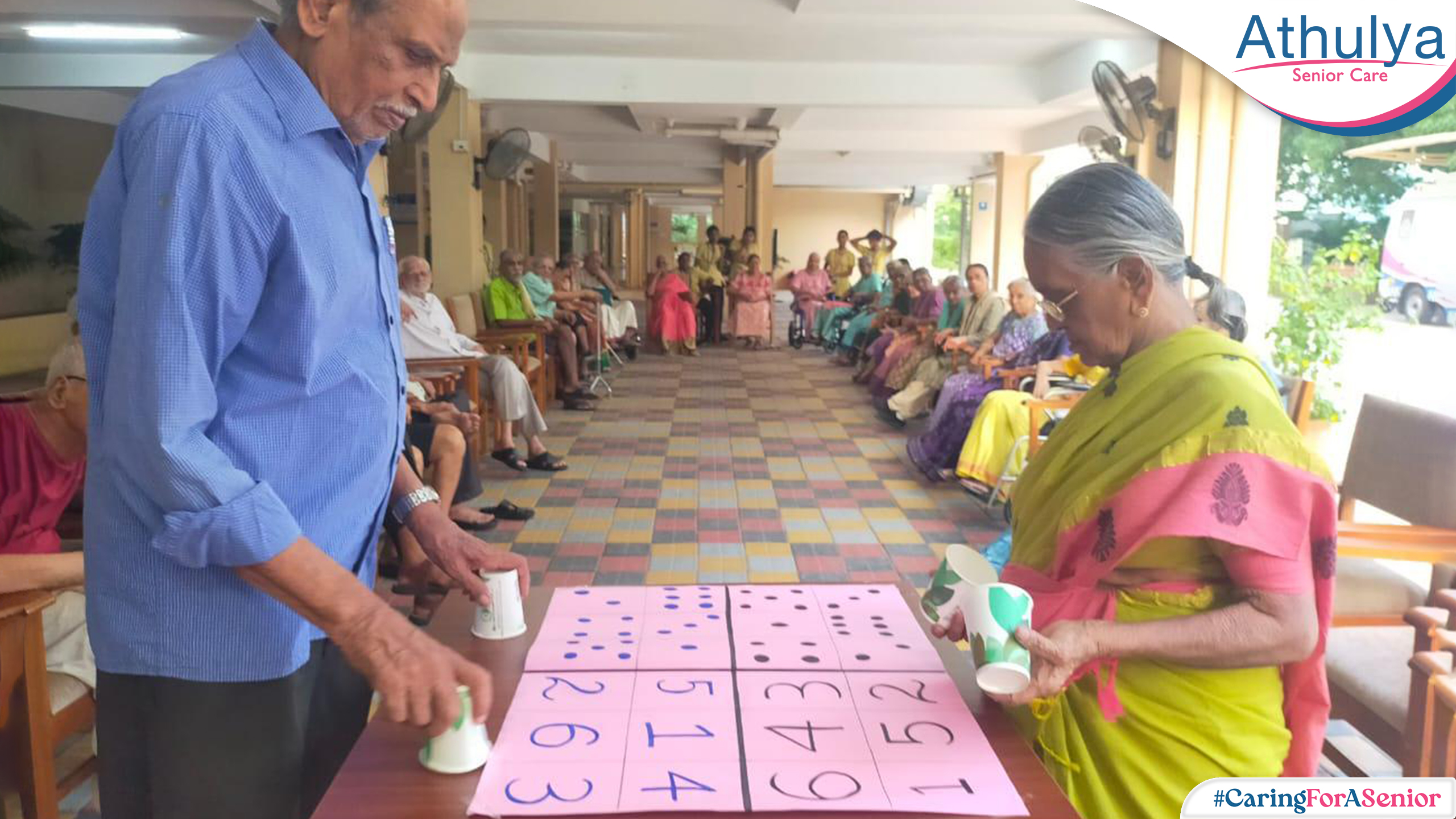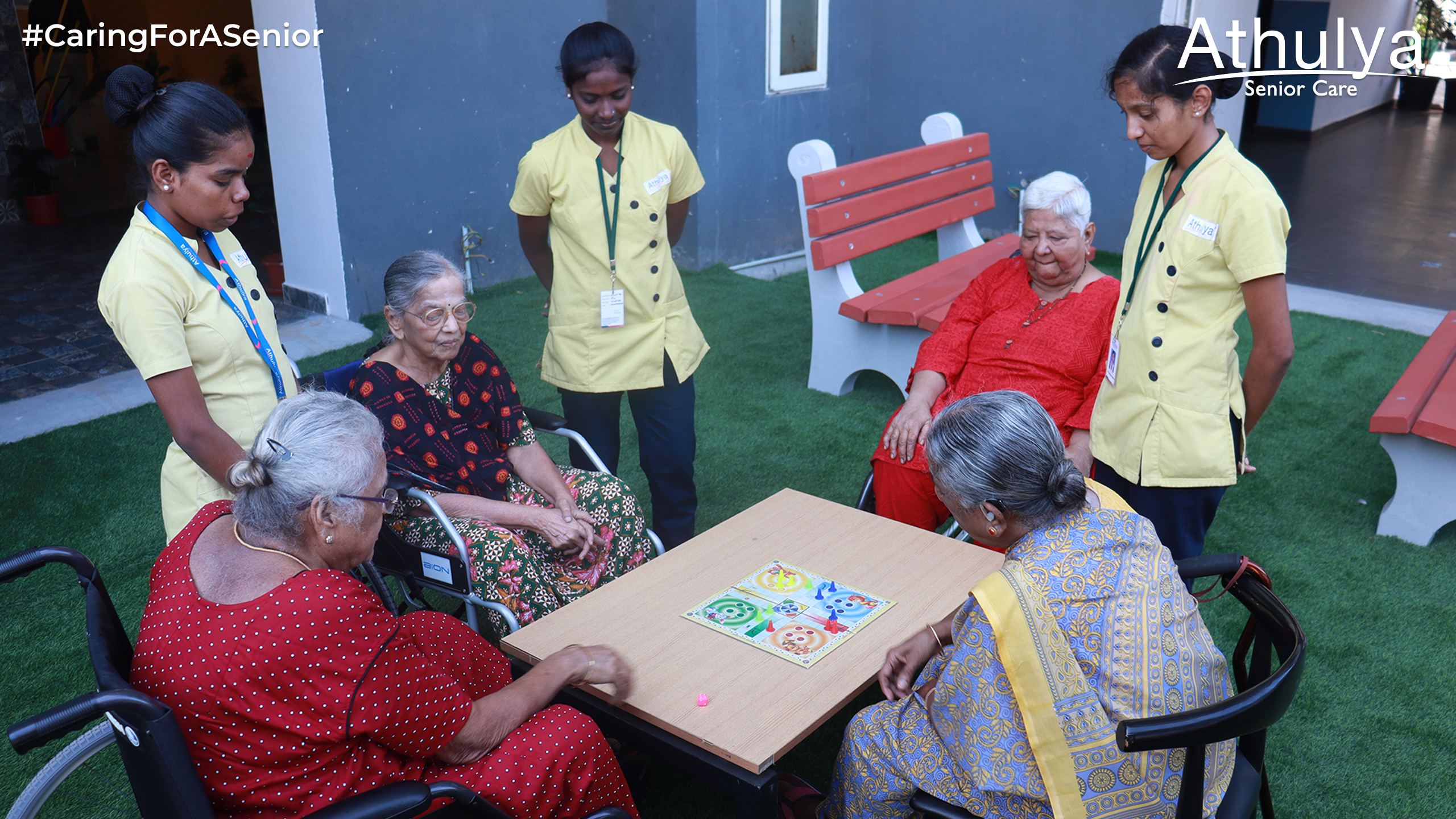Dementia is more than just memory loss – it’s a journey that affects every part of a person’s daily life, often bringing confusion, anxiety, and even frustration. For seniors living with dementia, a safe and structured environment can make all the difference. Picture this: when you’re feeling lost, wouldn’t a familiar, comforting space help you find your way again? The same goes for seniors with dementia. Their world can feel unpredictable, but with a carefully designed and secure environment, they can navigate their days with more peace and independence.
Creating safe spaces for seniors with dementia isn’t just about avoiding accidents – it’s about fostering a sense of stability, comfort, and dignity. A well-thought-out environment can ease confusion, reduce stress, and help them live more fulfilling lives despite the challenges dementia brings. From simple adjustments like clearer signage to spaces designed that can help with confusion, these changes can truly empower seniors to feel more confident in their surroundings. In this blog, let’s explore how the right environment can provide the serenity and support that seniors with dementia need to thrive.
A safe environment in senior care facilities plays a crucial role in enhancing the quality of life for seniors with dementia. According to the National Institutes of Health, such environments can help reduce the risk of injury and accidents, which are common among individuals with cognitive impairments. By creating spaces that are both secure and calming, seniors with dementia can experience reduced confusion and anxiety, promoting a greater sense of independence. Safe environments also facilitate better social interaction and engagement, as well as support their emotional well-being by minimizing stress triggers. These thoughtfully designed spaces can lead to improved overall health outcomes, ensuring that seniors with dementia live with dignity and comfort.
So, the role of safe environments involves removing potential hazards and implementing dementia-friendly modifications that reduce the risk of accidents and promote independence. A well-designed living space with clear pathways, proper lighting, and safety features minimizes confusion and agitation, leading to a calmer and more comfortable experience for seniors with dementia.
It encompasses several aspects:
- Physical Safety – Removing potential hazards such as loose rugs, clutter, and sharp objects can prevent falls and accidents. Installing handrails and grab bars in areas of the place can also enhance mobility and safety.
- Secure Spaces – Seniors with dementia might experience wandering behavior. Securing the living space with locks or alarms can ensure their safety while maintaining their independence within a confined area.
- Familiarity and Comfort – Creating a familiar and comfortable setting with cherished belongings and meaningful objects can evoke positive memories and reduce anxiety.
- Calm Surroundings – A peaceful environment can alleviate stress and agitation, stimulating emotional well-being.
At Athulya Mind & Memory Care, we take pride in our personalized approach to dementia care. Imagine a place where every meal is to nourish the body and mind, and every activity is to spark joy and engagement. Our care plans blend with creative outlets like art therapy and physical activities. Whether it’s through a gentle exercise class or a fun arts & crafts, we’re dedicated to enhancing the well-being of our residents.
We also focus on keeping the mind sharp with cognitive and sensory activities, including interactive puzzles and engaging sensory experiences like aromatherapy. Our Cognitive Stimulation Therapy (CST) challenges and stimulates the brain, helping to maintain cognitive function and quality of life. If you or a loved one are looking for a caring approach that’s as dynamic and individual as you are, visit our facilities and experience our facility and explore how we can support a vibrant and fulfilling life together – contact us at 98849 45900 or learn more about us, visit our Athulya Senior Care website.









